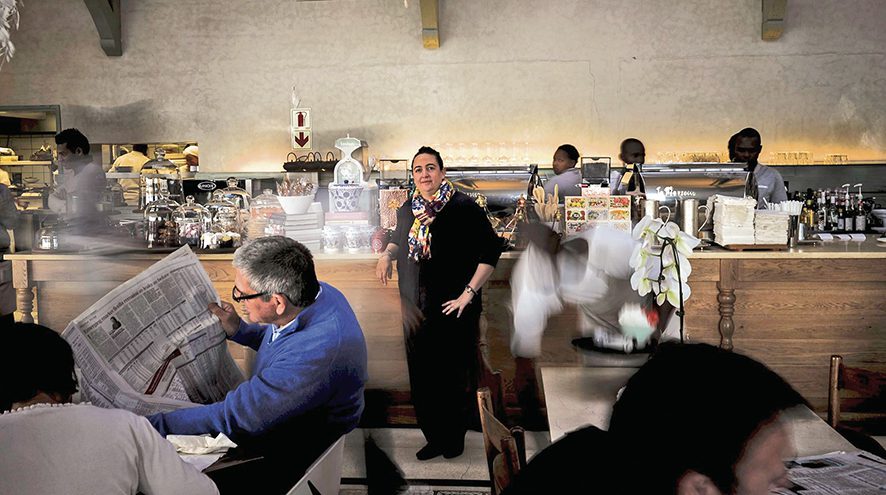Johannesburg- With many South Africans looking at opportunities to generate extra income, franchising remains a viable option.
Sunday World spoke to Hugh Melamdowitz, a partner at Spoor & Fisher South Africa, to provide entrepreneurs planning to invest into a piece of franchise information on such matters as what the agreement should include and how the Consumer Protection Act comes into play.
The Franchising Association of South Africa (Fasa) loosely defines franchising as the granting of a right to operate a business or license under certain specific conditions.
At the moment, says Fasa, franchise businesses are found across 21 different business sectors in South Africa, including the following:
• Agricultural, mining, manufacturing and industrial services
• Building office and home services
• Fast food and restaurants
• Health, beauty and body culture
• The retail and direct marketing services sector
The franchisee has the benefit of entering a business system with an established track record. They are in a position to trade under a well-known and reputable brand using a business model that has been proven to work.
In turn, the franchisee is required to apply time, effort, and their own business acumen to develop the business – leveraging the brand and business systems.
In this instance, the most obvious entrepreneur is the franchisee, who has the opportunity to create a profitable business and, in turn, generate employment for others. The franchisor, by nature of the fact that they’re licensing other businesses, also creates jobs.
The franchisor requires infrastructure and significant human capital to ensure that the franchise operation is successful, there is proper oversight and franchisees can access assistance (such as marketing and training) where required.
South African legislation
The Consumer Protection Act 68 of 2008 (the CPA) attempts to balance the franchisor/franchisee relationship. It requires franchisors to provide prospective franchisees with a disclosure document that sets out specific information – including:
• The financial requirements a prospective franchisee would have to meet to establish the operation.
• The expected running costs.
In addition, the CPA provides that the franchise agreement must contain specific information and that the franchisee, after signing the agreement, is entitled to a “cooling off period” in which they can terminate the agreement.
Copyright
Copyright would normally subsist in the operations manual, computer programs forming part of the system, and fixation of the know-how, whether incorporated in the operations manual or in any other documentation or computer program.
The franchise agreement should make clear to the franchisee that copyright in the operations manual vests with the franchisor, and that any copying of it (other than specifically as permitted for business usage) would be an infringement of copyright.
Know-how
Know-how, which includes a business’s trade secrets, is very difficult to protect. This is because it often exists only in the head of the individual employee. What the individual employee should not be entitled to do is to remove any documentation containing know-how, confidential information, or trade secrets, including
customer and supplier lists.
Follow SundayWorldZA on Twitter and @sundayworldza on Instagram, or like our Facebook Page, Sunday World, by clicking here for the latest breaking news in South Africa. To Subscribe to Sunday World, click here.
Sunday World




